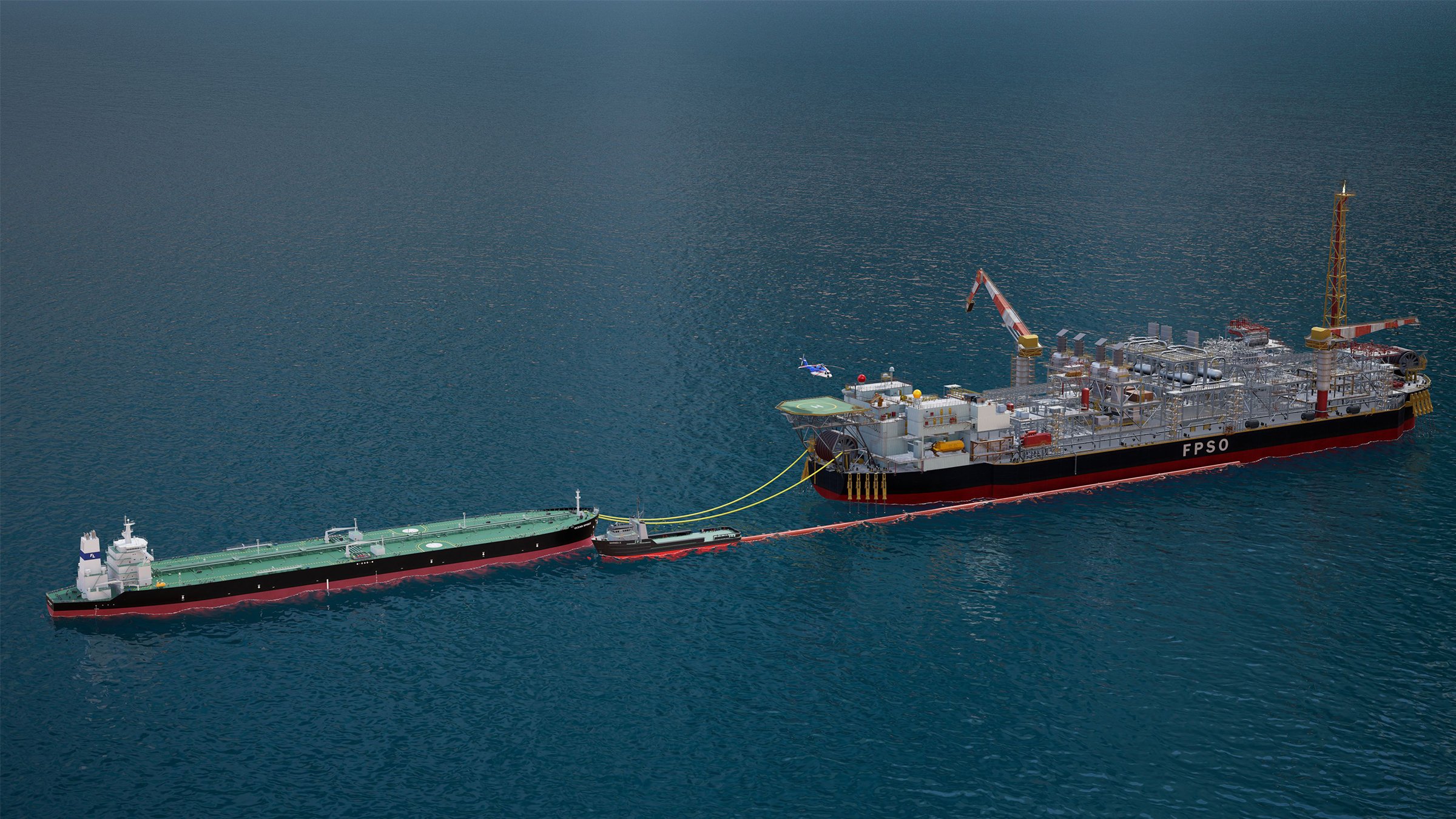Maintaining an FPSO vessel over its entire lifecycle is no easy task. The current processes required to keep it up to date and running efficiently are time consuming, expensive, and restricting. With the help of modular automation though, there seems to be a promising future ahead.
The MTP standard is a young idea in comparison to the oil and gas industry’s past processes. It’s a module type package standard that will save owners and operators a significant amount of money and cut training time. This standard will also ease the process of updating an FPSO’s array of systems.
MTP Standard: How and Why?
Modular automation has helped create smooth connectivity and production improvements in other industries. It was used by pharmaceutical companies during the pandemic to help with vaccine manufacturing. Now, it will hopefully provide an injection of improved efficiency to the oil and gas industry.
FPSOs contain many modules that make up the entire process on a vessel. Keeping all these modules up to date and in-sync can prove to be difficult though. When modules are designed with a standard in mind, connecting them with others allows owners and operators to integrate and control them much more easily. The outcome is a more integrated and efficient automation system. MTP will reduce the need for custom integration, allowing owners and operators to select multiple vendors, creating more flexibility.
What MTP can do for you
An MTP standard promises many positive outcomes. The first is significant cost-savings. The current processes for updating are costly to owners and operators. When switching to an industry standard, they’ll see a significant increase in savings in total maintenance costs and capital expenditure.
Longevity is also a pro of this standard. Updating the automation content on board is the way to keep a vessel running smoothly, and MTP will make that easier. Operators will have the ability to conduct updates as technology ages and grows, all while being able to reuse the interface. This also results in less training for vessel operators.
Simplifying and addressing the needs of a vessel
Proprietary module packages often require vessel operators to stick with one automation provider. While this may not cause issues for some operators, others could potentially struggle if they decide to integrate new vendor solutions. This requires skilled labor, usually an engineer who is knowledgeable on both systems, and can be costly. A standardized approach like MTP allows end users to create the best solutions for their needs, even with pre-existing automation content.
What are the next steps for the future?
Adoption of MTP by the oil and gas industry is close, but it truly does take a long time to establish an industry-wide standard. Through the collective effort of NAMUR, industry vendors and OEM partners, MTP could be finalized as early as 2023. Proprietary systems have been the norm for FPSO operators, and vendors face the potential of an automation standard threatening profit margins. The benefits that accompany a standard are not lost though and easing into the adoption of it will benefit the industry overall.
As we know, developing the MTP standard requires hands-on involvement. OEM vendors have been working hard, trying “plug and play” tests that connect modules into one main system. These tests have been successful, and soon will prove that any automation vendor can control all OEM modules on board, regardless of the automation vendor content.
Many people are still becoming aware of the possibilities associated with the MTP standard. The adoption will benefit operators and reduce the total cost of ownership, creating a brighter future for the oil and gas industry.

